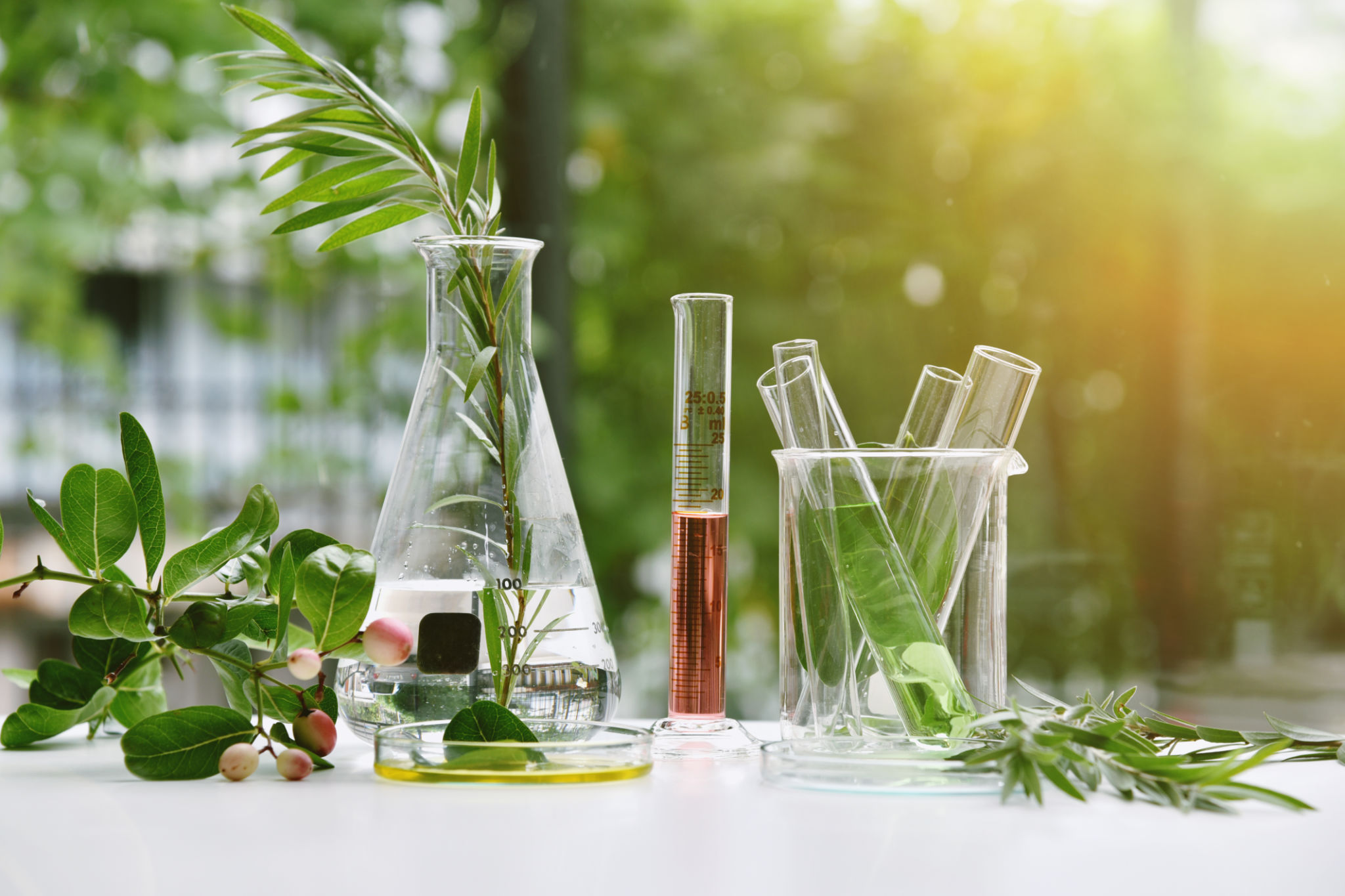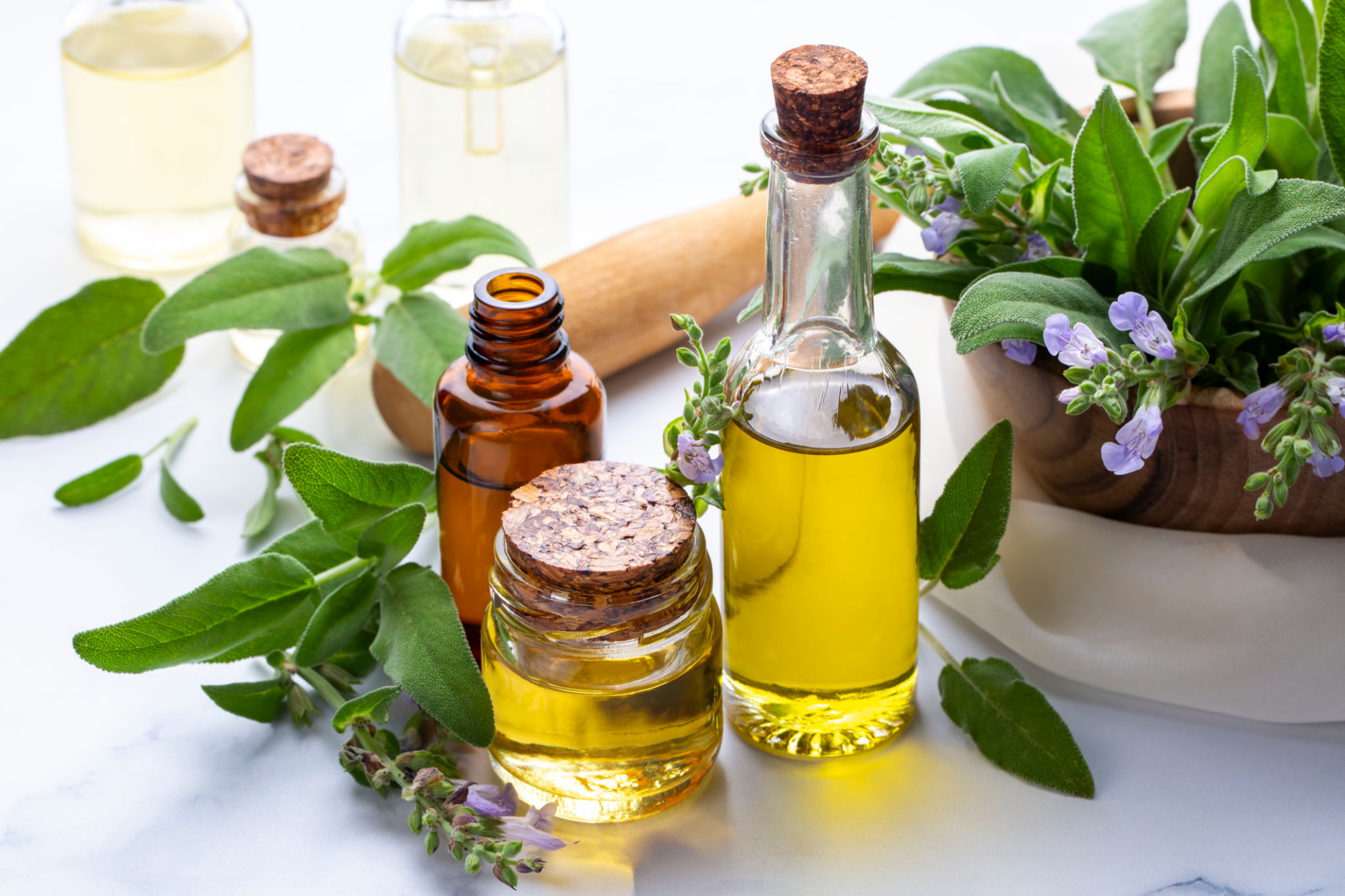RCVM.ORG
- Subcritical CO2 Extraction labs
- SES - 2
- SES-80
- Pure full spectrum raw botanical extracts
- Functional food
- Coffee + Schisandra
- Coffee + Hop extract
- Coffee + Artemisia Annua extract
- Almonds Protein
- Walnuts protein
- Services
- About
- Investor's page
- Blog
- Mare's milk processing
- CO₂ Dry Cleaning
- Subcritical CO₂-Extracted Shikonin for Skin Injury Treatment
Emerging Uses of Herbal Extracts in Modern Wellness Routines
The Rise of Herbal Extracts in Modern Wellness
In recent years, the wellness industry has witnessed a significant shift towards natural and holistic approaches. Among these trends, the use of herbal extracts has gained considerable traction. Once confined to traditional medicine, herbal extracts are now being embraced by the modern wellness community for their potential to enhance health and well-being.
Herbal extracts are concentrated substances derived from plants, often used in supplements, skincare, and aromatherapy. They are favored for their ability to deliver potent doses of beneficial compounds in a convenient form. As people become more health-conscious, the demand for natural remedies and preventive care continues to grow.

Incorporating Herbal Extracts into Daily Routines
For those looking to integrate herbal extracts into their daily routines, there are a multitude of options available. Whether through dietary supplements or topical applications, these extracts offer versatile solutions tailored to individual needs. Commonly used extracts include ginseng for energy, chamomile for relaxation, and turmeric for its anti-inflammatory properties.
Many wellness enthusiasts are turning to herbal teas as a simple way to enjoy the benefits of herbal extracts. These teas not only offer a soothing ritual but also provide an easy method to consume antioxidants and other nutrients. Additionally, herbal tinctures and essential oils are popular choices for those seeking more concentrated forms.

Herbal Extracts in Skincare
The beauty industry has also embraced herbal extracts, incorporating them into skincare products to enhance their efficacy. Extracts like aloe vera, green tea, and rosehip are frequently found in moisturizers, serums, and masks. These ingredients are praised for their ability to soothe the skin, reduce signs of aging, and improve overall complexion.
Consumers are increasingly aware of the benefits of clean beauty products, leading brands to prioritize natural ingredients over synthetic ones. This shift aligns with the broader wellness trend towards sustainability and eco-friendliness.

Herbal Extracts for Mental Well-being
Beyond physical health, herbal extracts are gaining recognition for their potential impact on mental well-being. Adaptogens like ashwagandha and rhodiola are becoming popular for their stress-reducing properties. These herbs are believed to help the body adapt to stressors and promote a balanced emotional state.
The use of aromatherapy with essential oils such as lavender and peppermint is another method people employ to enhance mood and relaxation. By diffusing these oils or applying them topically, individuals can create a calming environment that supports mental clarity and peace.

The Future of Herbal Extracts in Wellness
As research continues to uncover the benefits of various herbs, the use of herbal extracts is expected to expand further. This growth is likely to be supported by increasing consumer demand for transparent labeling and rigorous testing standards. As people seek out more personalized wellness solutions, herbal extracts will continue to play an integral role in supporting diverse health goals.
In conclusion, the emerging uses of herbal extracts in modern wellness routines underscore a broader movement towards natural health solutions. By harnessing the power of plants, individuals can take proactive steps towards nurturing both body and mind in harmony with nature.